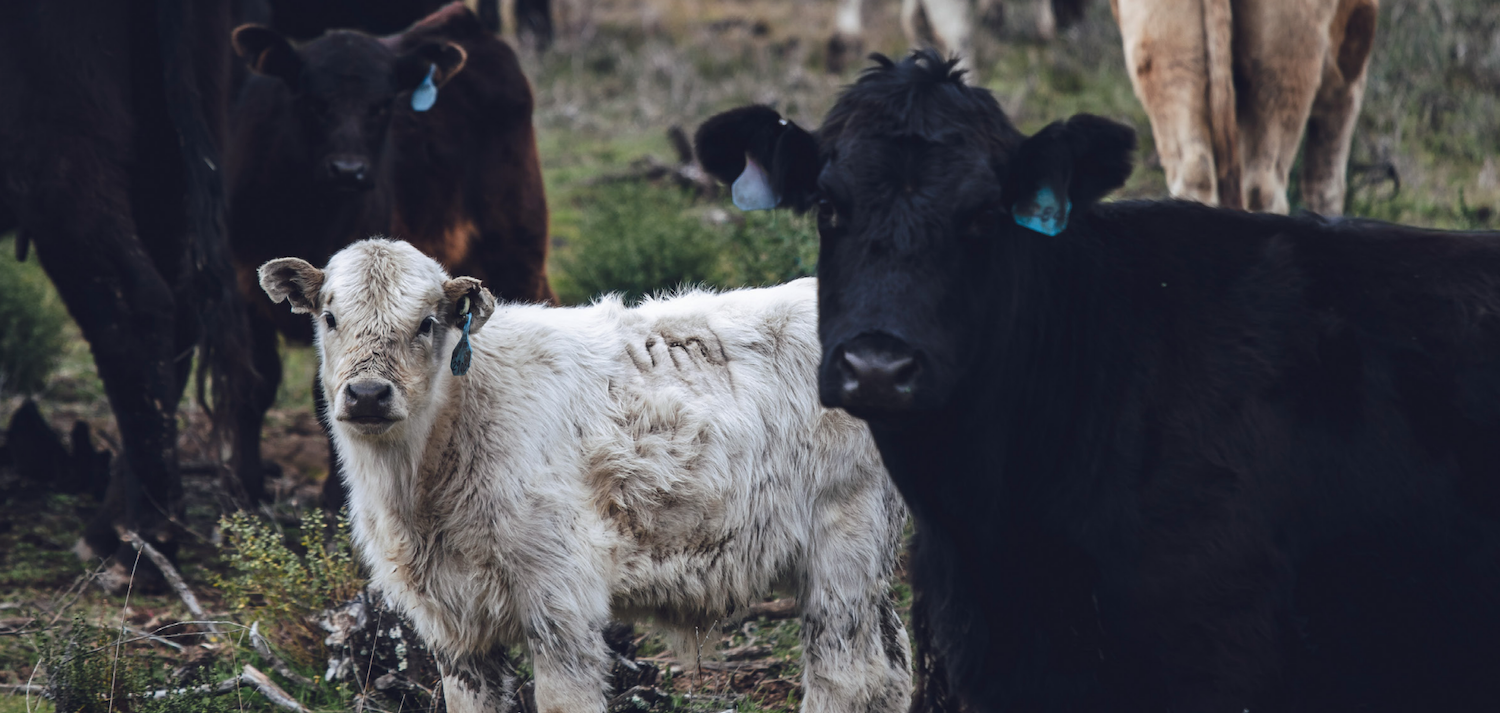Latest Resources

9 July 2024
Agricultural policy reform in South Africa
Addressing animal welfare within a just, agroecological food systems transition This discussion document, written by Linzi Lewis on behalf of Humane World for Animals, South Africa (SA), highlights the need for greater attention to be given to industrial animal agriculture. As one of the major drivers of current socio-ecological crises, it demands further consideration within […]

19 September 2023
Financialisation, dematerialisation, digitalisation & distancing of Africa’s agriculture
What future for small-scale farmers and their food and seed systems? Following on from part one, The rise of digital agriculture and dispossession in Africa: implications for smallholder farmers, part two looks at how private-sector interests and motives are driving the financialisation of Africa’s food and farming systems. Financialisation is the focus on generation of […]

30 August 2023
The rise of digital agriculture and dispossession in Africa: implications for smallholder farmers
In part one in a series of two, consisting of a briefing paper and linked fact sheet, we explore the current status of digital agriculture in Africa and the potential implications its deployment has for smallholder farmers on the continent. We outline three primary areas of concern related to potential inequitable benefits and influence accrued from its deployment; […]

28 August 2023
Seed harmonisation in Eastern and Southern Africa
Failures, corporate occupation, and the rise of digitalised seed trade: dire implications for farmer managed seed and food systems in Africa Regional seed policy harmonisation processes on seed and plant variety protection (PVP) legislation have been underway for the past 15 years on the African continent. These have taken place under the auspices of various […]

5 May 2023
UNSAFE GM WHEAT TO ENTER SOUTH AFRICA’S FOOD SYSTEMS
DISASTER CAPITALISM, BIOTECH INDUSTRY IN DECLINE & INSTRUMENTALISATION OF WHEAT IN AFRICA In August 2022, the South African government approved a GM wheat variety HB4 for importation as food, feed, and for the purposes of industrial food and feed processing, following Nigeria’s approval in July. Since then, Argentina and Brazil have been the only two […]

17 March 2023
2,4-D GM MAIZE AND THE REGULATORY ANOMALIES REGARDING GMOs AND ASSOCIATED PESTICIDES
The case for categorising 2,4-D as a highly hazardous pesticide in South Africa In December 2019, three genetically modified (GM maize) varieties developed by Corteva (formally Dow AgroSciences) – genetically engineered to tolerate the toxic and highly hazardous chemical 2,4-D – were approved for commercial cultivation in South Africa, despite many long years of opposition […]

20 October 2022
Global Biodiversity Framework stuck in a paradigm of catastrophic growth: what future for Africa?
A series on the GBF by Linzi Lewis and Mariam Mayet As part of a series of briefings by the African Centre for Biodiversity in the lead up to the Convention on Biological Diversity’s (CBD) Fifteenth Conference of the Parties (COP 15) to be held in December in Montreal 2022, this briefing examines the contradictory nature […]

28 April 2022
The financialisation of malaria in Africa: Burkina Faso, rogue capital & GM /gene drive mosq...
(Veuillez cliquer ici pour lire en français) The African Centre for Biodiversity (ACB) hereby publishes a new research paper, titled, “The Financialisation of malaria: Burkina Faso, Rogue capital & GM/gene drive mosquitoes.” This paper seeks to understand the financialisation of malaria as a vehicle for rogue capital in a context of a weakened state (through […]

26 March 2021
Genome editing: new wave of false corporate solutions for Africa’s food systems. Forewarnings of ...
(Por favor clique aqui para Português) (Veuillez cliquer ici pour le français) African food sovereignty movement’s victory over, and continued resistance against, the biotech industry Despite two decades of biotech industry-backed lobbying, funding, relentless propaganda and backroom deals, supported by neo-colonial philanthropy-capitalists, such as Bill Gates; this machinery has very little to show. Only 2.9 […]

5 October 2020
Genome editing — The next GM techno fix doomed to fail
Regulatory issues and threats for Africa Veuillez cliquer ici pour le français Clique aqui para a versão portuguesa Por favor, haga clic aquí para el español Genome editing risks aggravating the problems of industrial agriculture, prolonging a model that threatens both human health and the environment, and further opens up African food systems to hegemonic […]
